How adding lemon juice to raw eggs kills salmonella
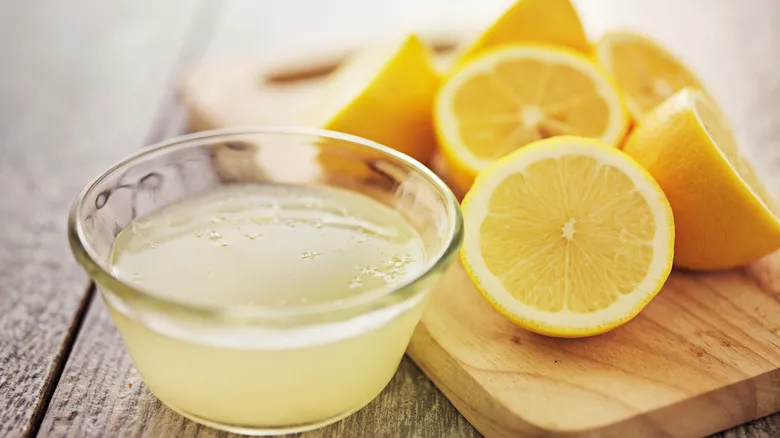
If you're looking to use lemon juice to enhance the safety of raw eggs, simply squeezing a few drops into the egg won't suffice. A study published in 2002 in *Letters in Applied Microbiology* investigated salmonella levels in mayonnaise by varying the egg-to-citric acid ratio, testing different time intervals, and adjusting the storage temperatures. The researchers discovered that both the quantity of lemon juice and the duration it remains in the eggs before consumption significantly influence the survival rate of salmonella.
The study indicated that a ratio of one egg yolk to 20 to 35 milliliters of lemon juice, maintained at 22 degrees Celsius (72 degrees Fahrenheit, approximately room temperature), can render the raw eggs safe to eat after 72 hours. If the lemon juice amount exceeds 35 milliliters per egg yolk, the necessary waiting period decreases to 48 hours. Therefore, using lemon juice to make raw eggs safer requires considerable advance planning. Ultimately, there are simpler and more reliable methods to prepare raw eggs for safe consumption.
The better option
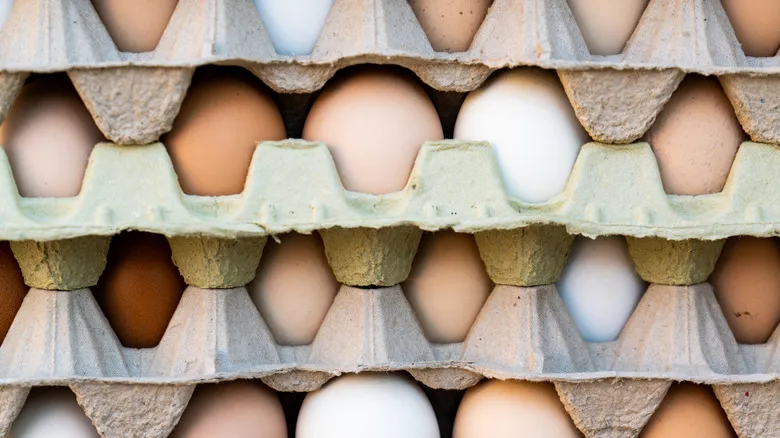
The lemon juice method involving raw eggs aims to eliminate salmonella without cooking the eggs. However, this doesn't guarantee that the eggs are completely "safe" to consume raw, as there remains a risk of E. coli contamination, which lemon juice cannot mitigate. Nevertheless, many recipes require raw eggs and cannot be made with cooked ones, such as various desserts, tasty eggnog, and, of course, mayonnaise.
The straightforward solution is to use fresh pasteurized eggs. While pasteurized eggs haven't been cooked, they have been heated sufficiently to eliminate any harmful bacteria before they reach the store. You can find them labeled as pasteurized in the grocery aisle, and they are generally safer to handle. Additionally, you can opt for cartons of egg whites or yolks. It's worth noting that pasteurized eggs behave slightly differently than unpasteurized ones, similar to how eggs treated with lemon juice and left to sit for 48–72 hours do. While you may want to reserve pasteurized eggs for recipes that call for them to be raw, they are a valuable option to consider.
Recommended
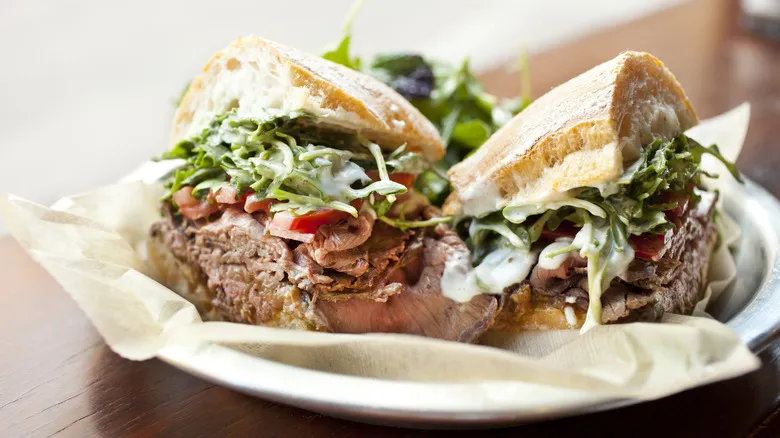
The Simple Mayo Method That Ensures A Symmetrically Sauced Sandwich
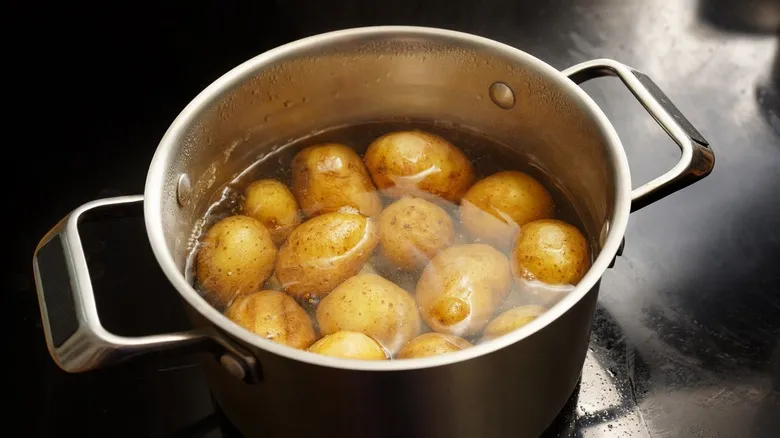
Save Leftover Potato Water To Make The Best Gravy Of Your Life

Prue Leith's Pro Tips For Avoiding The Dreaded Soggy Bottom
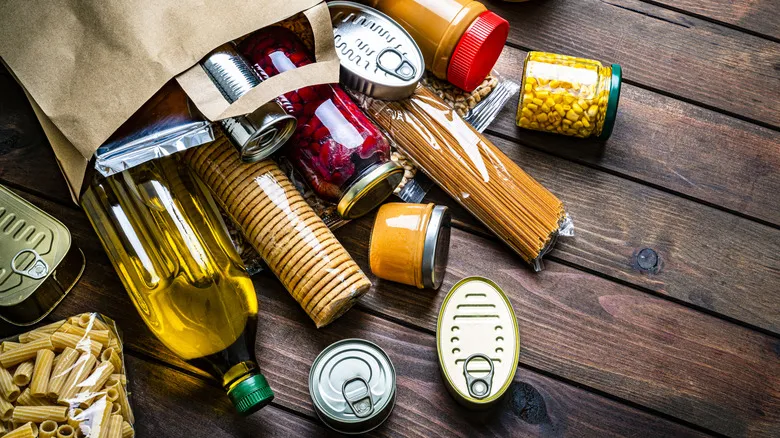
How Much Food You Really Need To Buy To Prepare For A Hurricane
Next up

